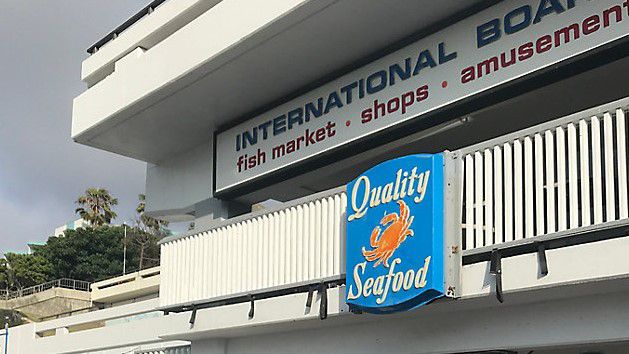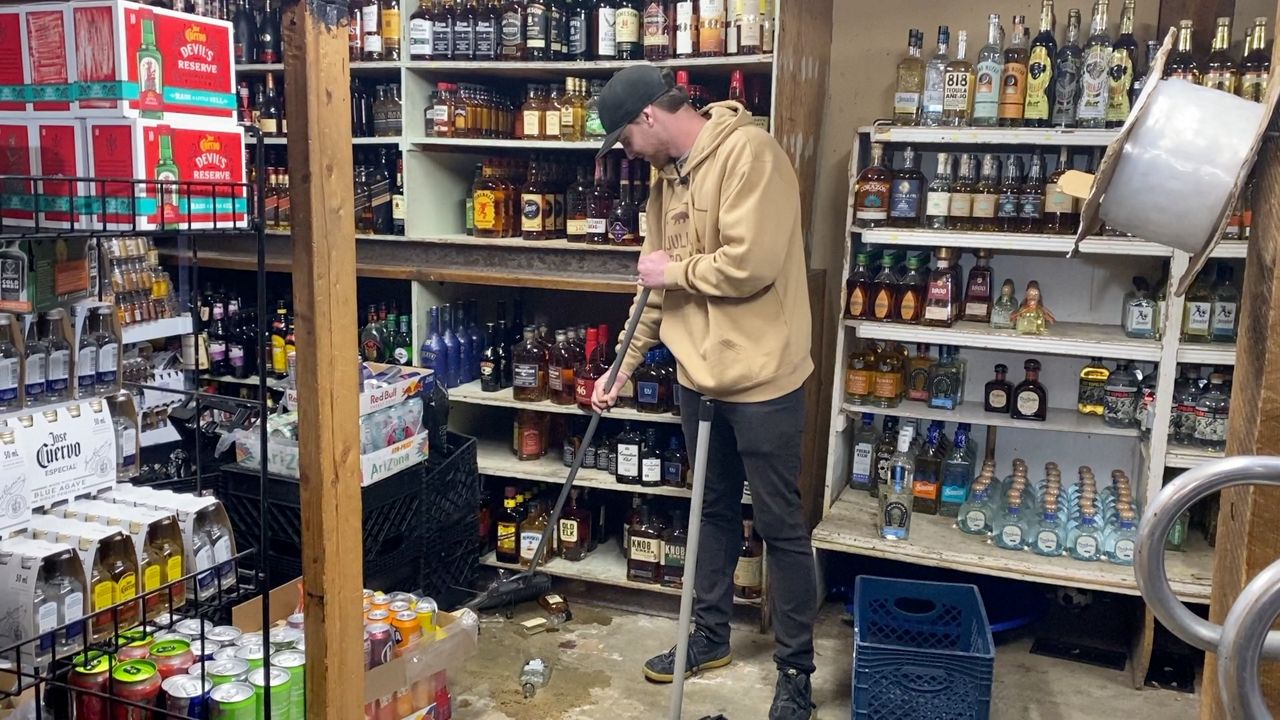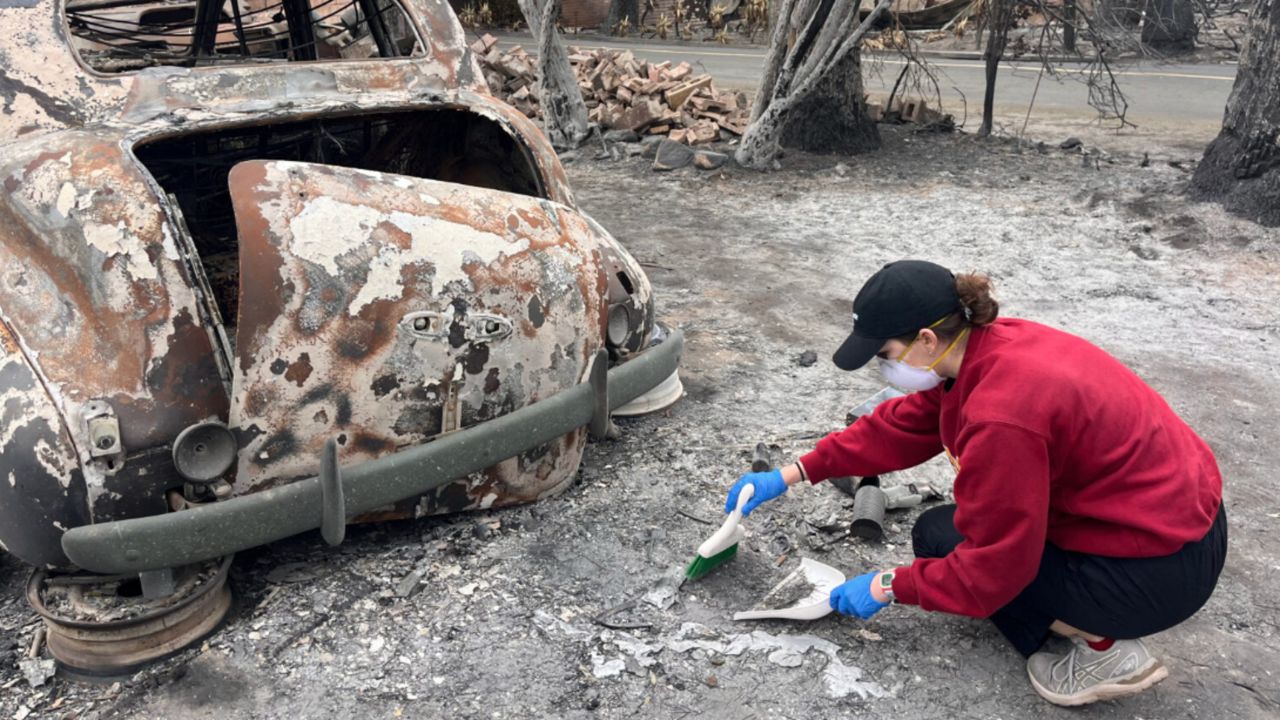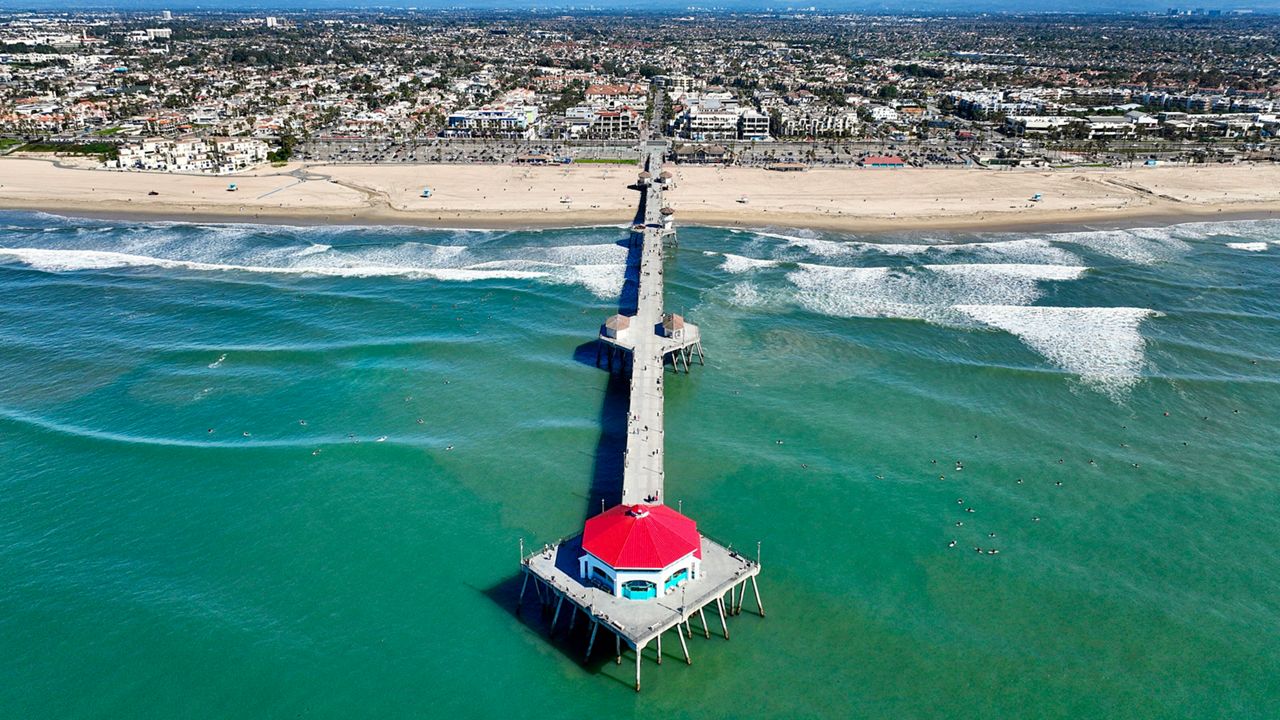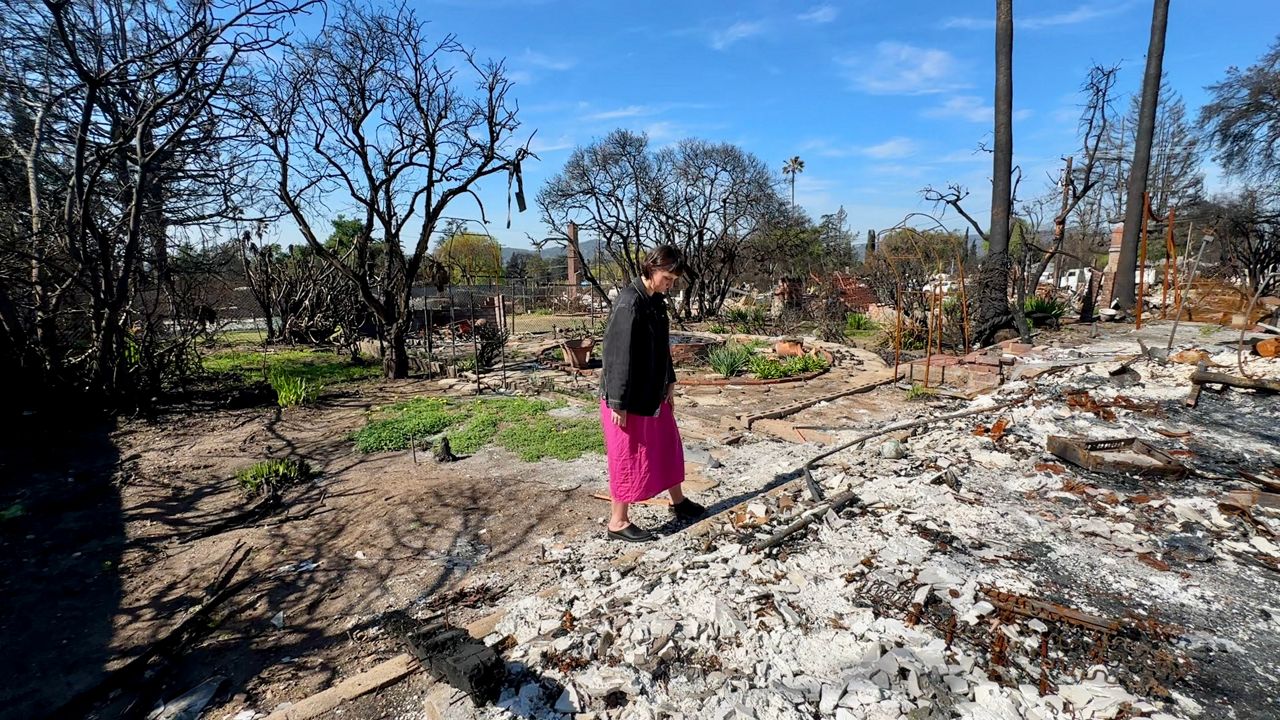SANTA ANA, Calif. (CNS) — Redondo Beach market Quality Seafood is among plaintiffs in a proposed class-action suit against pipeline company Amplify Energy Corp. on behalf of commercial fishing, diving and seafood companies seeking damages for expected lost revenue as a result of last weekend's massive oil spill.
Plaintiffs in the lawsuit include LBC Seafood Inc., a family-owned wholesaler that purchases lobsters from fishers in Orange County with sales to wholesalers and distributors who distribute the product throughout California and the world.
Also named is Jack Buttler, a San Pedro-based urchin diver, and Steve Legere, a lobster, crab and sheephead fisher based out of Marina del Rey and Newport Beach.
"We have brought this case on behalf of arguably the most affected industry — commercial fishers, divers, and retail and wholesale markets," said Matthew Maclear, one of the plaintiffs' attorneys. "This generational-defining event has impacted fishers, sellers and consumers in profound ways that need to remedied promptly to avoid collapse of one of Southern California's most diverse fisheries. The pollution caused by the oil spill has had impacted so many and our clients came together to protect their livelihoods and Southern California's pristine coastline."
A message seeking comment from a representative of Amplify Energy was not immediately answered.
According to the complaint, filed late Friday in Santa Ana federal court, many Quality Seafood customers are hesitant to purchase seafood. With the opening last week of the commercial lobster season — which runs through March — the market's owners have "serious concerns that the economic loss from lobsters will be enormous as recent and expected prices were predicted to be high," the suit states.
Losses from other types of seafood, including red snapper, halibut, rock cod, sardines and anchovies were also expected.
As the spill has apparently tainted the waters from San Clemente to Newport, where he usually harvests urchins, Buttler now must drive his boat to locations upward of 65 miles away to dive for the spiny marine animal, according to the lawsuit.
The suit contends that Buttler typically sells 500-700 pounds of urchin each week to Quality Seafood. The spill has severely disrupted his ability to continue generating the same or similar income as before the accident.
"Due to the spill, he is no longer permitted to harvest in the areas upon which he relies, causing significant financial hardship," attorneys for the plaintiffs wrote.
Before the spill, Legere expected to fish almost year-round for sheephead, in addition to fishing during lobster and crab seasons in what are now tainted waters, the suit alleges. In past seasons, Legere would catch 500-600 pounds of lobster per day, but in the opening days of the 2021-22 season, the catch is down by about two-thirds, and the price has fallen correspondingly, according to the lawsuit.
Legere believes the negative consequences of the spill "will continue to impair his ability to earn a living catching sheephead, lobster and crab indefinitely," the suit states.
Houston-based Amplify Energy's "acts and omissions have therefore caused present injury to Legere, as well as the concrete risk of imminent, additional injury," according to the complaint, which seeks at least $5 million on behalf of the plaintiffs.
The ruptured underwater pipeline off the coast of Huntington Beach that leaked thousands of gallons of oil into the ocean may have been damaged several months to a year ago, the U.S. Coast Guard's lead investigator said Friday, adding that it was unclear when the crack occurred or when oil began seeping into the water.
Last weekend, authorities estimated that as much as 144,000 gallons of oil may have leaked from the damaged pipeline, but officials subsequently said the actual amount is likely much lower, although there is still no firm number. At a news conference Thursday, the Coast Guard estimated that roughly 588 barrels of oil had spilled, which would equate to about 24,700 gallons. That's being considered a minimum amount leaked, but officials were unsure of a possible maximum number.
Crews responded to the leak on the morning of Oct. 2, and Orange County beaches were quickly closed as authorities realized the size and scope of the oil slick.
Laguna Beach has since reopened, and Newport Beach offered some access, with visitors welcome to go on the sand but not in the water. Newport Harbor also reopened Friday afternoon.






